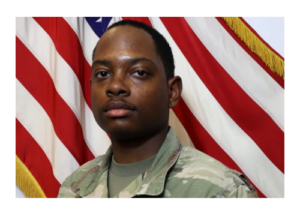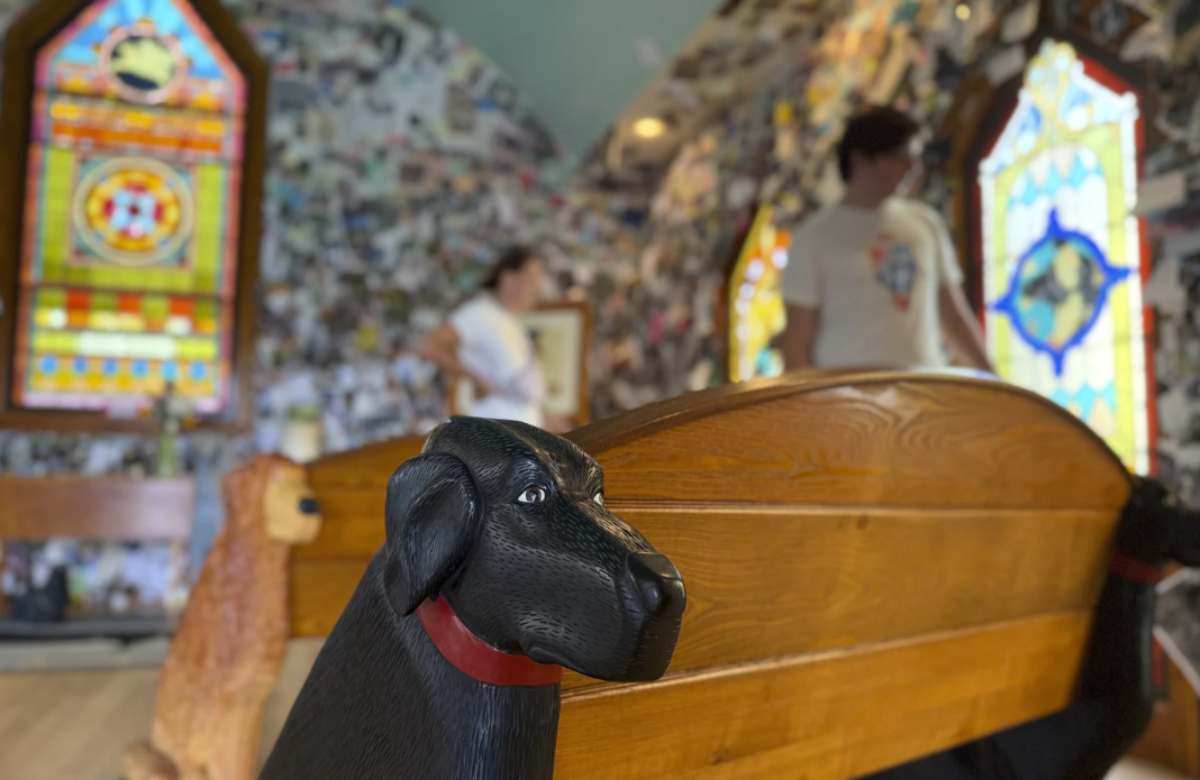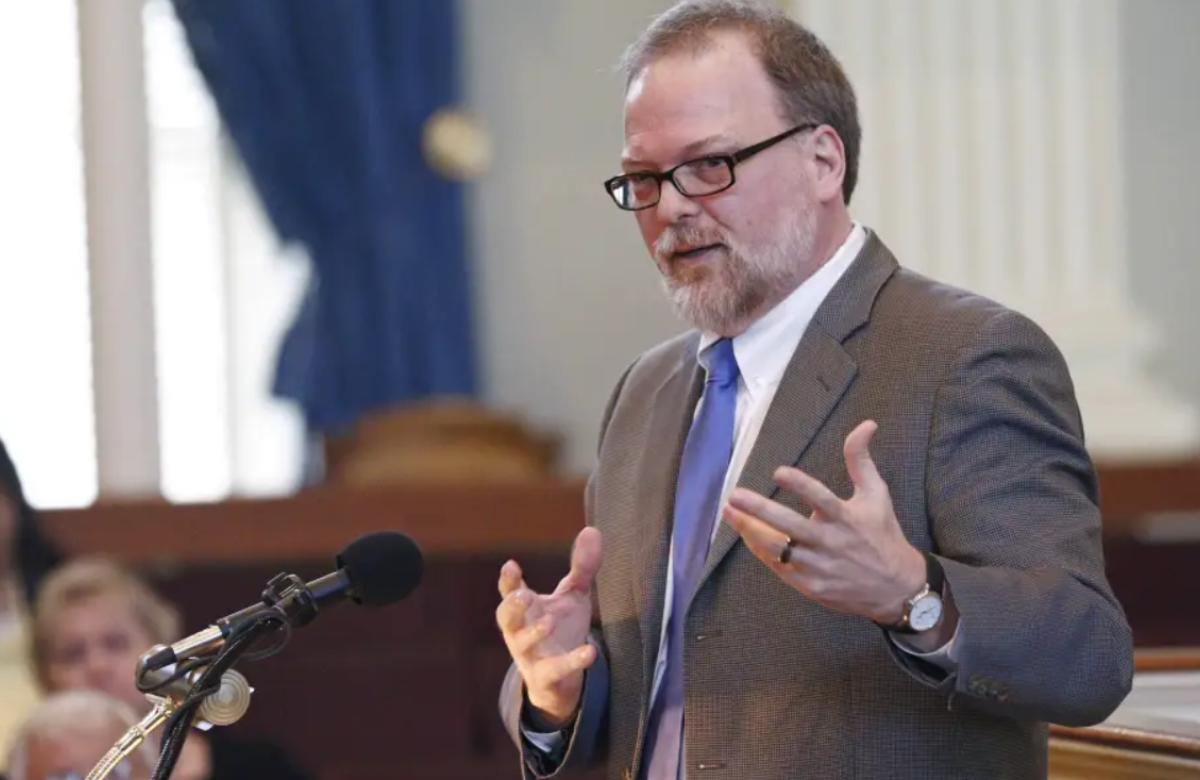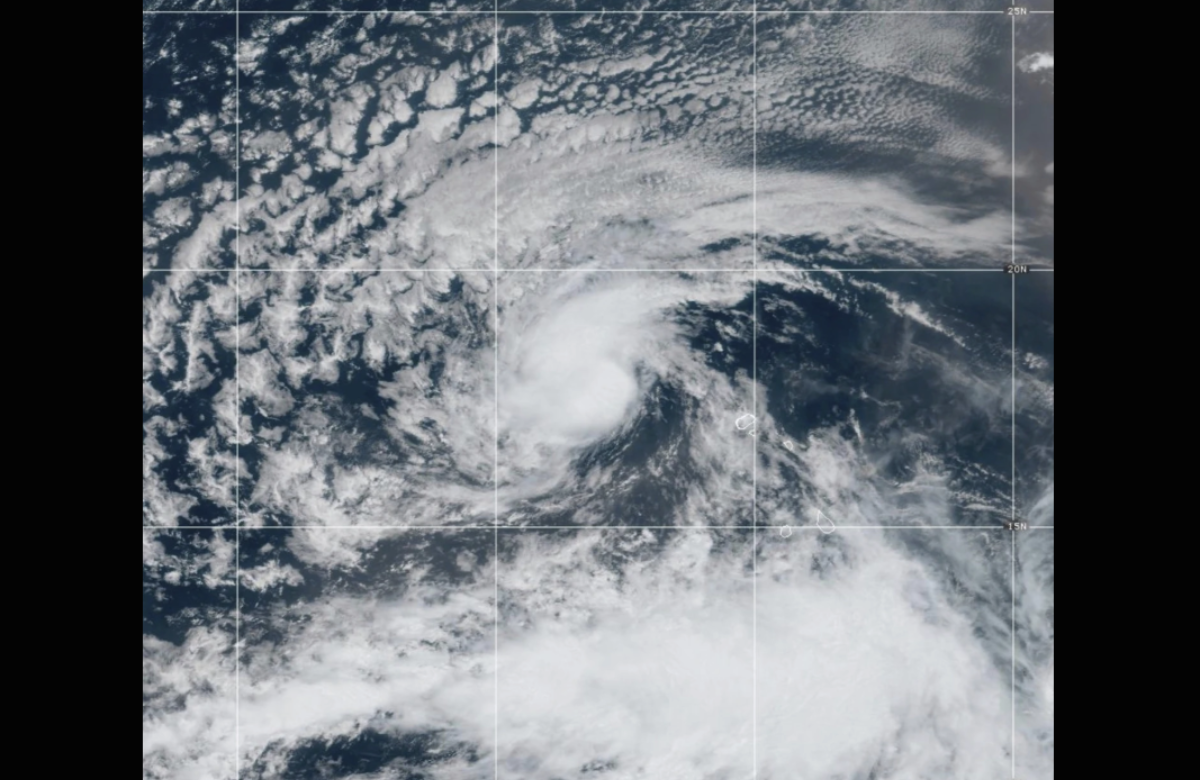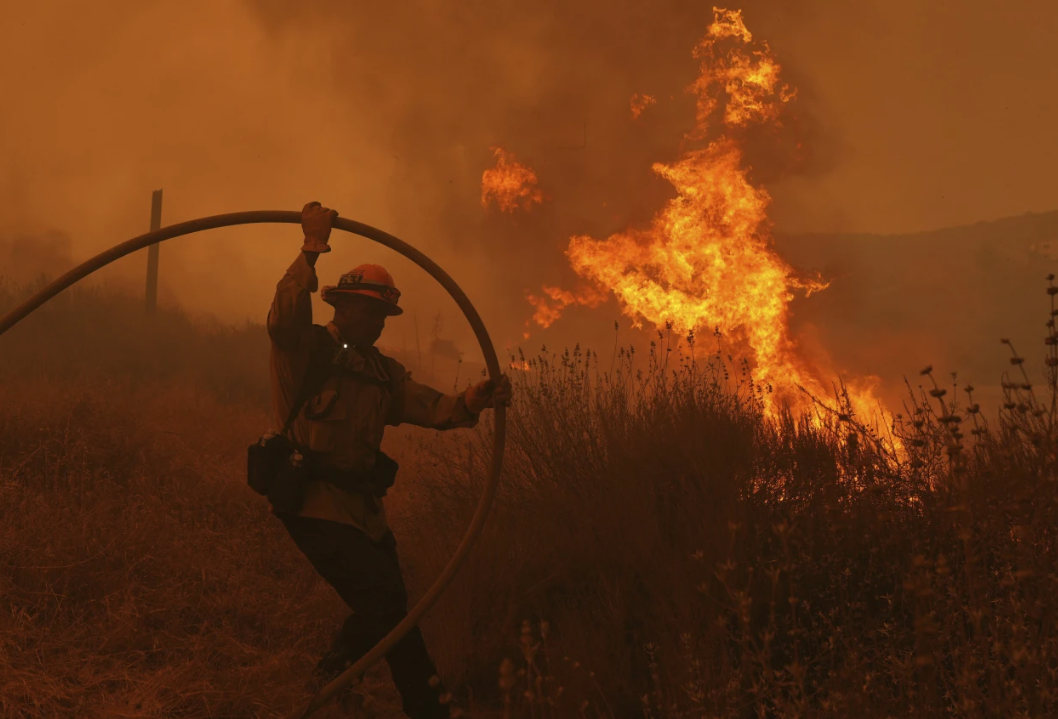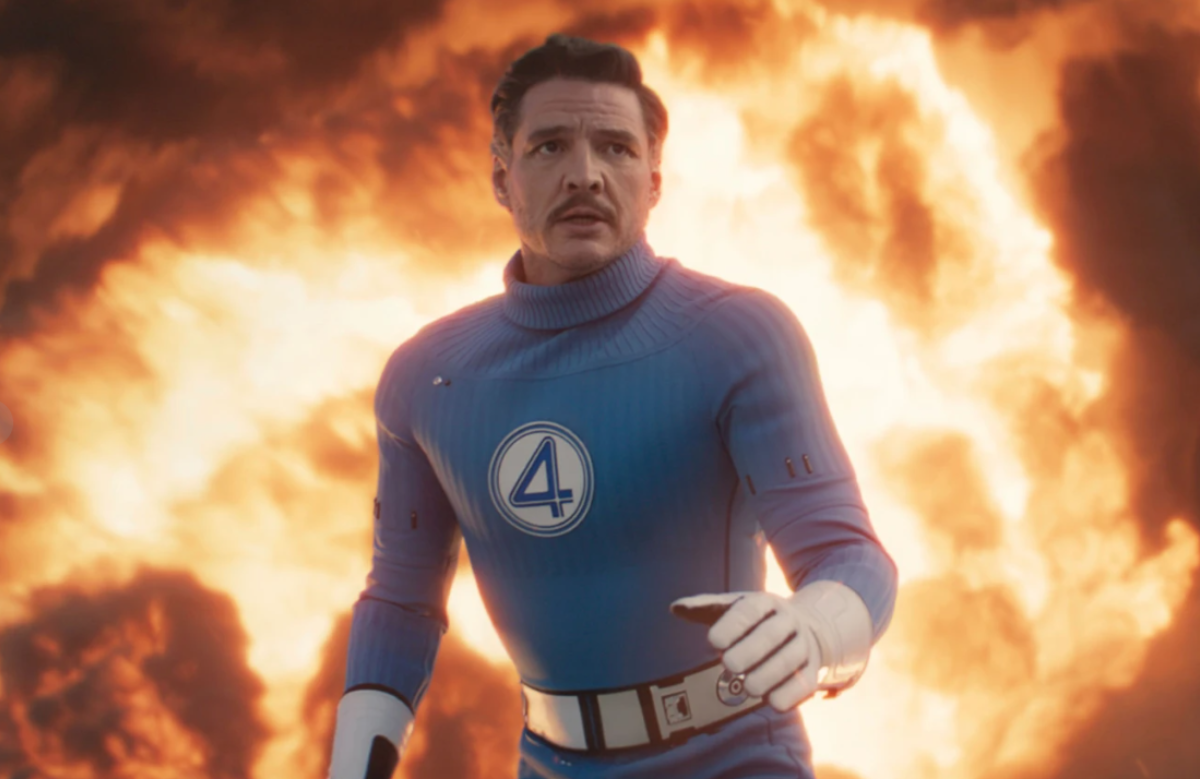Hezbollah has publicly expressed support for efforts aimed at achieving a ceasefire in Lebanon, marking a significant shift in the group’s stance. For the first time, the militant organization has backed a truce without tying it to a resolution of the ongoing war in Gaza. This development comes amidst rising tensions between Hezbollah and Israel, as the Israeli military continues its offensive in southern Lebanon in response to Hezbollah’s attacks on northern Israel.
In a speech delivered on October 8, 2024, Sheikh Naim Qassem, Hezbollah’s Deputy Secretary General, endorsed the political efforts of Lebanese Parliament Speaker Nabih Berri to broker a ceasefire. Qassem clarified that Hezbollah supports a political resolution to the conflict, provided the ceasefire is firmly established and diplomatic channels are open. He emphasized that further decisions regarding the conflict would be made collaboratively once the ceasefire is in place. This represents a departure from Hezbollah’s earlier position, where it had conditioned its ceasefire on ending hostilities in Gaza, aligning its actions more closely with Hamas.
Hezbollah’s involvement in the war began a year ago when it launched attacks on Israel on October 8, 2023, in solidarity with Hamas, which had struck Israel the previous day. Initially, Hezbollah had stated that it would only halt its military activities once a ceasefire was achieved between Israel and Hamas in Gaza. However, Israel insisted that Hezbollah address its conflict with Israel independently of the Gaza war.
Despite Qassem’s endorsement of ceasefire efforts, his speech retained a defiant tone, underscoring Hezbollah’s preparedness to continue fighting Israel. The group has maintained a strong military presence, launching rocket attacks into northern Israel in retaliation for Israeli incursions into southern Lebanon. These tensions have escalated since the assassination of Hezbollah leader Hassan Nasrallah by Israeli forces late last month. Following Nasrallah’s death, Hezbollah has reportedly been targeted by Israeli military operations aimed at crippling its leadership and infrastructure.
Nabih Berri, who is aligned with Hezbollah through his Shiite Amal party, has played a central role in the ongoing negotiations for a ceasefire. He has worked with Western powers to mediate peace talks, attempting to bring an end to the conflict in Lebanon. His involvement, alongside international figures like U.S. President Joe Biden and French President Emmanuel Macron, has spurred discussions on a temporary ceasefire. However, the assassination of Nasrallah has complicated these efforts, with some suggesting that the opportunity for a ceasefire may have been lost.
In an interview last week, Lebanese Foreign Minister Abdallah Bou Habib revealed that Nasrallah had agreed to a temporary ceasefire during the UN General Assembly, at the behest of Western nations. However, Nasrallah’s subsequent assassination by Israel has raised questions about the continuity of this agreement. Israeli officials have dismissed Bou Habib’s statements, with Israeli Ambassador to the UK, Tzipi Hotovely, calling the claim “ridiculous” and suggesting that Nasrallah had not agreed to ceasefire terms.
Meanwhile, Israeli Prime Minister Benjamin Netanyahu has openly criticized Hezbollah, urging the Lebanese people to stand up against the group and reclaim their country. In a recent video message, Netanyahu warned that Lebanon risks facing a protracted conflict akin to the one in Gaza if Hezbollah continues its attacks on Israel. He called on Lebanese citizens, regardless of religious affiliation, to reject Hezbollah’s actions, which he described as a futile war that is causing suffering across the nation. Netanyahu’s rhetoric highlights the ongoing strain between Israel and Hezbollah, with both sides entrenched in their positions.
The humanitarian impact of the conflict has been severe. The Lebanese Health Ministry reports that more than 1,400 people have been killed in Lebanon as a result of Israeli airstrikes and Hezbollah’s retaliatory actions. Additionally, over 1.2 million Lebanese have been displaced since the escalation of hostilities last month. This humanitarian crisis, coupled with the destruction of infrastructure, has left Lebanon on the brink of collapse, with international calls for peace growing louder.
Despite the new push for a ceasefire, Hezbollah’s military capabilities remain a critical factor in the conflict’s continuation. The group has continued to launch rocket attacks into northern Israel, and Israeli forces have been conducting limited ground incursions into southern Lebanon, targeting Hezbollah’s strongholds. This military exchange has resulted in significant casualties on both sides, with the people of Lebanon bearing the brunt of the conflict.
In conclusion, while Hezbollah has taken a more flexible stance on the issue of a ceasefire in Lebanon, the situation remains volatile. The potential for a diplomatic resolution hinges on the establishment of a ceasefire that is respected by both Hezbollah and Israel. However, with both sides continuing military operations, achieving a lasting peace remains uncertain.

